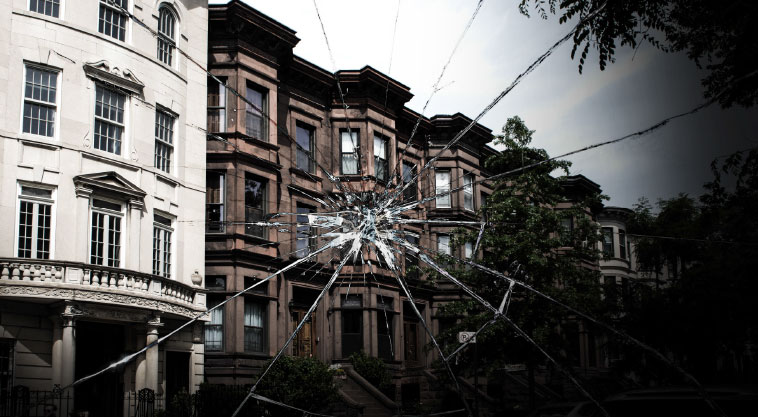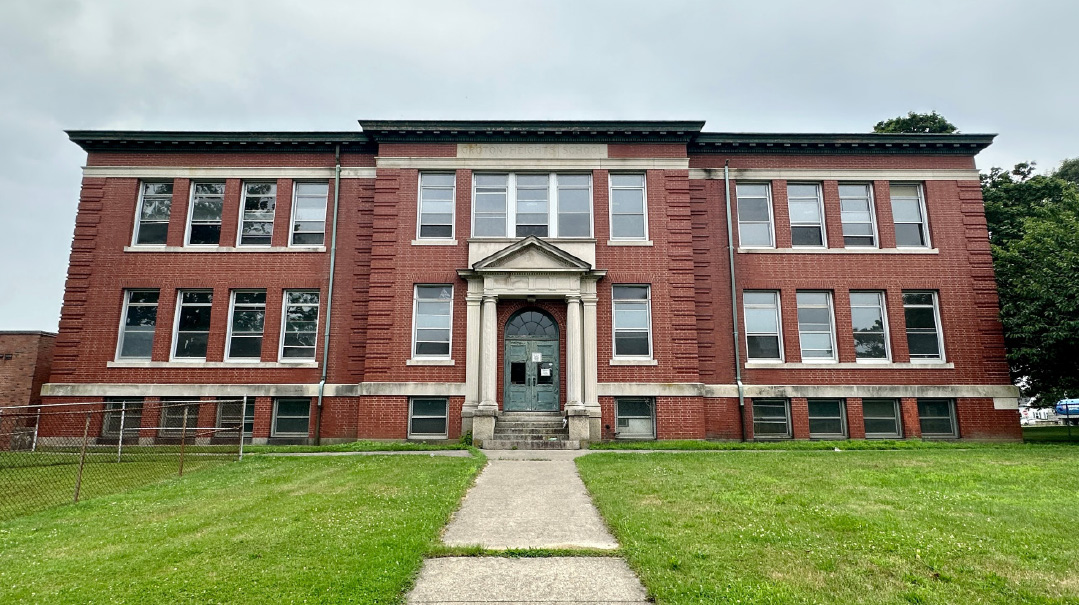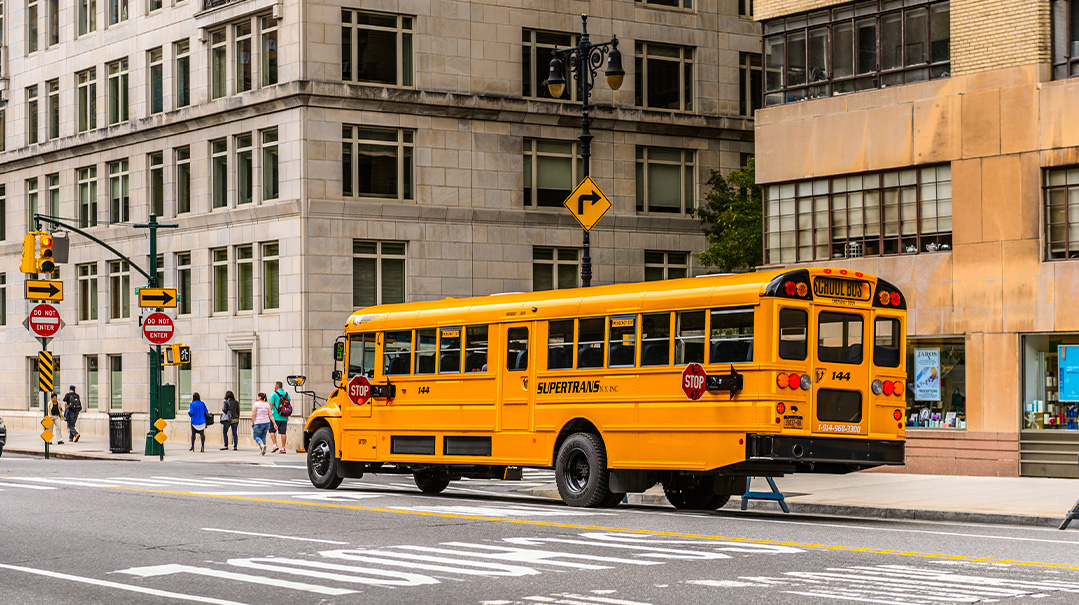Shaken Brooklyn Jews Look for Answers


Photos: Menachem Kalish
What’s happening on the streets of Brooklyn? Once considered a relatively safe haven for the Orthodox Jewish community, today it is a hotbed for hate crimes. According to the New York Anti-Defamation League, there have been a total of 31 reported hate crimes from October 1st to the 28th in Brooklyn, a sharp uptick from recent months. According to the FBI, hate crimes against Jews in the United States rose 37 percent in 2017.
Politicians and community leaders have taken notice. In a statement, recently elected New York State attorney general Letitia James said that anti-Semitism has no place in New York City.
“I am deeply disturbed by these recent acts of hate against New Yorkers,” she said. “I stand shoulder to shoulder with the Jewish community and urge anyone with information to come forward.”
Joining James, City Councilman Chaim Deutsch said he was shocked by the number of unprovoked assaults on religious Jews in recent weeks. “I am alarmed by what appears to be a trend,” he said, and called for an increased police presence in Jewish neighborhoods.
But community leaders are looking for more than words. Rabbi Yaacov Behrman, director of Operation Survival in Crown Heights, a community drug-prevention program, said city and state officials should be focusing on the cause of the crimes not on press conferences. “Is there a cause? Is someone preaching hate? There may be preventative measures we can take,” Behrman said.
In his role at Operation Survival, Rabbi Behrman works closely with leaders of ethnic communities in Crown Heights. “On a leadership level,” he said, “we have great relationships and we work together well.” But that amicable relationship isn’t necessarily filtering down to the streets, he told Mishpacha.
Some Jewish media outlets have suggested that hate crimes against Jews in Brooklyn can be explained by anger among some residents over gentrification and are not the result of anti-Semitism. Brooklyn neighborhoods like Williamsburg and Crown Heights have become desirable areas for young urban millennials, and the longtime residents, the argument goes, are lashing out at Jews instead. Williamsburg community leaders point out that the Broadway Triangle area, a spot in Williamsburg where several attacks occurred, is also where a local housing conflict is raging.
But others say the motives are more likely an expression of the hate and anti-Semitism plaguing the nation as a whole. According to Evan Bernstein, regional director of the Anti-Defamation League in New York, polls indicate that around 13% of Americans are anti-Semitic.
“There’s a rising climate of hate,” Bernstein said. “And extremists on both sides [left and right] can easily find likeminded people on social media where they could communicate with each other.”
Recently, New York congresswoman Nydia Vel?zquez, along with other Democratic members of Congress, wrote a letter to the New York Police Department commissioner urging him to take a more active role in combating anti-Semitism. “The NYPD has done good work in this area,” she said, “but it is clear from recent events that we can’t afford to rest.” The letter, signed by 13 New York City members of Congress, offers suggestions on how to intensify the police department’s response to these attacks. Among them is a proposal to publish the city’s hate crimes/bias information webpage in Hebrew or Yiddish, as it is already available in several other languages.
Josh Mehlman, chairman of the Flatbush Jewish Community Coalition, says he has been pleased with Brooklyn district attorney Eric Gonzalez’s response to recent events.
“He is very sensitive to our concerns,” Mehlman says. “He is also the first Brooklyn DA to have a dedicated full-time hate-crimes unit on staff. That means a team of lawyers and prosecutors will be working on this full time. He’s dedicated to making sure that these incidents will be taken seriously.”
In Williamsburg, a community leader told Mishpacha that police are increasing patrols in the area, including in front of shuls. The Shomrim neighborhood-watch group, he added, has also been helpful. In many cases, Shomrim members can gain access to private video footage of assaults that could lead to an arrest for a hate crime.
Meanwhile, community members are jittery even as they go about their lives. But for “YS,” who was attacked in his Crown Heights building at 4:30 a.m. on Rosh Chodesh Kislev, life has changed dramatically.
Returning from a farbrengen, YS was followed by a hooded stranger who punched him several times and then threatened him with a brick. YS screamed but nobody heard him. It was only after YS offered the attacker his wallet and cell phone that the perpetrator fled the scene.
Though the physical pain has passed, YS says he still feels emotionally shaken. “I was never scared of anything before,” he told Mishpacha. “But after this I am afraid of everything, even in my own home.” Police still haven’t found his attacker, and even if they do, because the assailant took his wallet, it will be difficult to classify the assault as a hate crime. But YS has no doubts.
“I remember his eyes when he came to hit me,” he said. “They were cold eyes, and they were definitely filled with hate.”
Hate on the Streets of Brooklyn
Sunday, October 14: A Boro Park man is beaten at a traffic intersection by a car service driver.
Monday, October 15: A middle-aged Jewish man is chased and assaulted with a stick by an African-American teenager at the intersection of Empire Boulevard and Albany Avenue in Crown Heights.
Shabbos, November 3: Several juveniles throw a pipe through the window of the Volkan shul on Franklin Avenue in Williamsburg. Later that same day, they knock a Jewish boy’s hat off and shove a ten-year-old girl on the street.
Sunday, November 25: A nine-year-old boy in Williamsburg is attacked by a stranger on his way home from yeshivah. Half an hour later, a 12-year-old is shoved and punched by a group of men about a block away from the first incident.
Friday, November 30: A 33-year-old chassidic man is sucker-punched near the Broadway Triangle. The suspect flees but is apprehended a few days later.
Shabbos, December 1: A Jewish man is assaulted by two males at 6:30 a.m. on East New York Avenue in Crown Heights.
(Originally featured in Mishpacha, Issue 740)
Oops! We could not locate your form.













